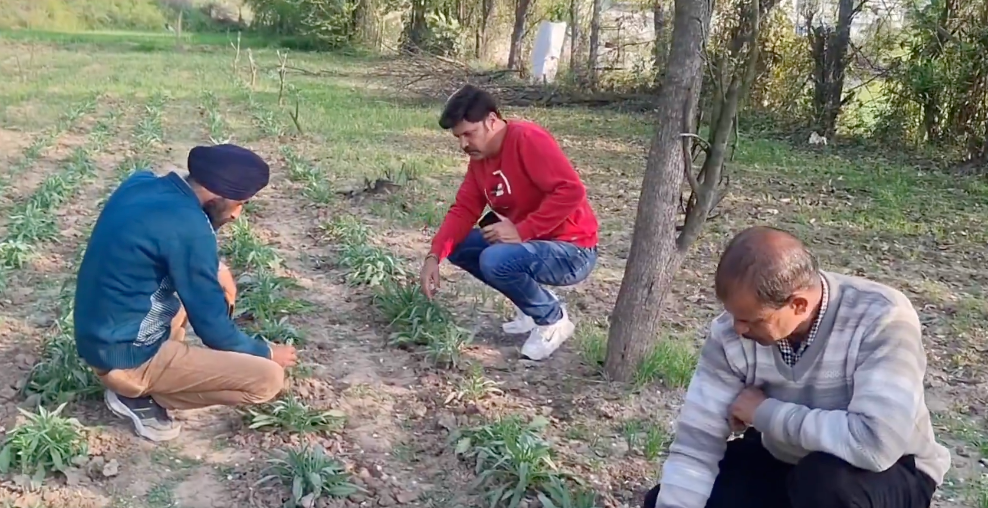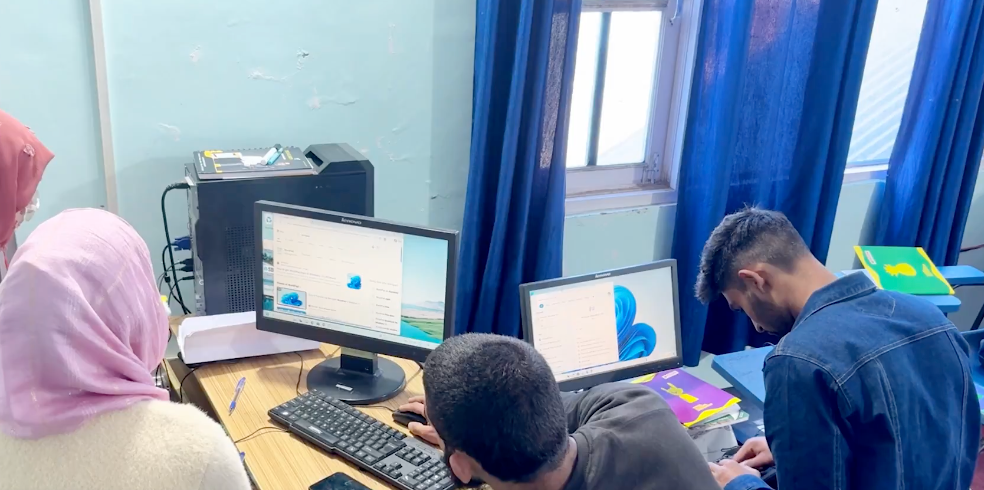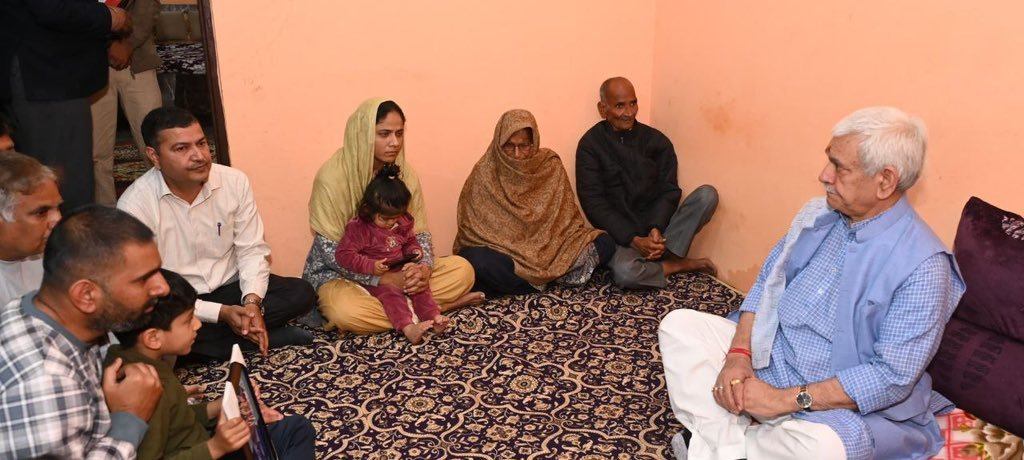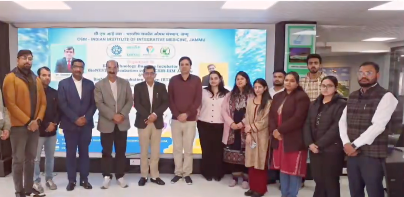Baltal, June 19, 2025 – As the countdown begins for the Shri Amarnath Ji Yatra 2025, set to commence on July 3, Baltal Base Camp in Ganderbal district is abuzz with meticulous preparations to ensure a seamless and safe pilgrimage. Under the guidance of the Shri Amarnathji Shrine Board (SASB) and the Jammu and Kashmir administration, round-the-clock efforts are strengthening essential services—healthcare, sanitation, drinking water, and firewood—reflecting a spirit of unwavering dedication and inter-agency coordination.
On June 11, Lieutenant Governor Manoj Sinha inspected medical and healthcare facilities at Baltal Base Camp Hospital, directing officials to ensure an adequate supply of doctors, paramedical staff, medical equipment, medicines, and oxygen cylinders for 24/7 service. “The well-being of pilgrims is paramount,” Sinha emphasized, as reported by Kashmir Dot Com, underscoring the administration’s commitment to a spiritually fulfilling yatra.
Sanitation efforts are equally robust. Director General of Rural Sanitation, Anoo Malhotra, conducted an extensive tour of Baltal on June 18, reviewing the installation of 6,038 prefabricated toilets and baths (5,033 toilets and 1,005 baths) across the Baltal and Pahalgam routes. A QR code-based feedback system has been introduced at toilet points to ensure quality, alongside measures for grey water drainage, wet waste segregation, and plastic waste management. Malhotra stressed a zero-landfill policy to maintain cleanliness, with 7,506 sanitation workers deployed for the yatra, including 1,143 in Ganderbal district alone.
Drinking water and electricity supply are being fortified with 24/7 provisions. The administration has deployed water tankers and generators to ensure uninterrupted access, particularly at key transit points like Baltal and the nearby Domail and Rail Pathri camps. Firewood arrangements are also in place to meet the needs of pilgrims and service providers, especially in rural areas, as highlighted in recent coordination efforts for concurrent events like Muharram.
Security has been significantly enhanced following the April 22 Pahalgam terror attack, with the Jammu and Kashmir government declaring all yatra routes, including Baltal, as “no-fly zones” from July 1 to August 10, suspending helicopter services. Pilgrims will travel the 14-km Baltal route on foot or via ponies and palkis, with multi-layered security ensured by J&K Police, CRPF, and Quick Reaction Teams. Inspector General of Police, Jammu Zone, Bhim Sen Tuti, reviewed arrangements in Ramban, emphasising coordination for safe pilgrim movement and infrastructure like tent accommodations and sanitation at Lambar Ground.
Local service providers, including ponywallahs and tent operators, are preparing to welcome thousands of devotees, reflecting Kashmir’s tradition of hospitality.
The 38-day pilgrimage, culminating on August 9, is a testament to the determined hands behind the scenes—security personnel, sanitation workers, healthcare professionals, and local communities—working in unison to ensure a safe and divine journey to the 3,880-meter-high Amarnath cave shrine.










